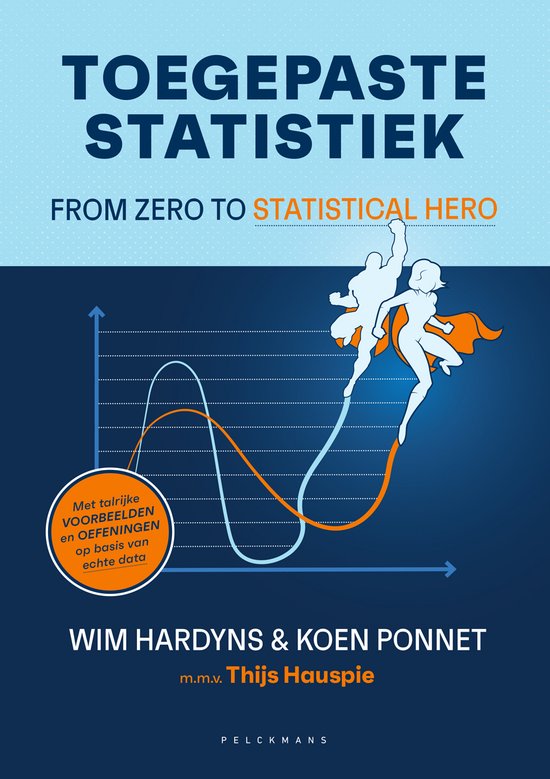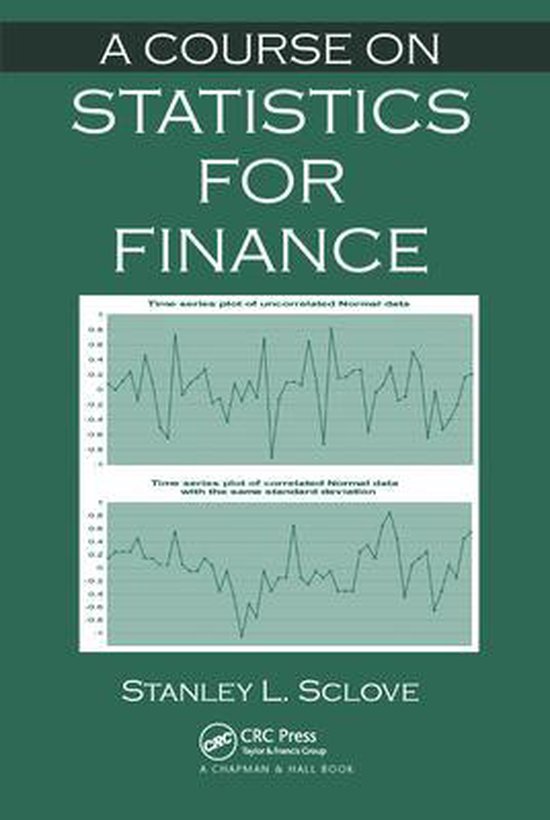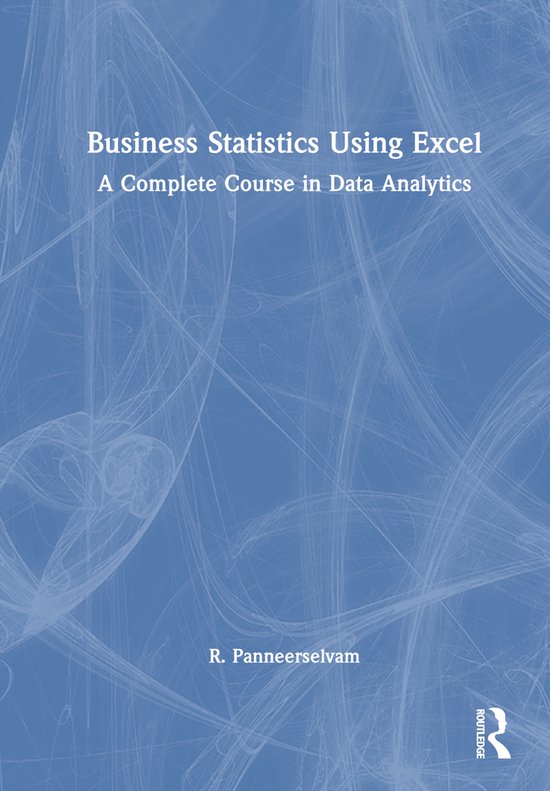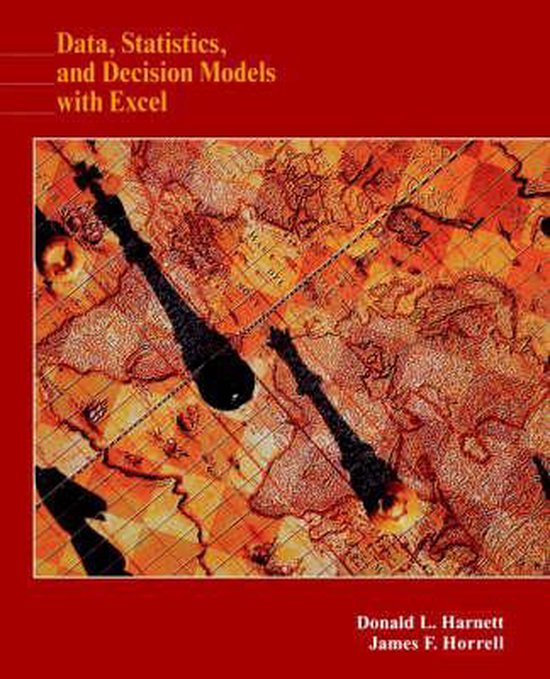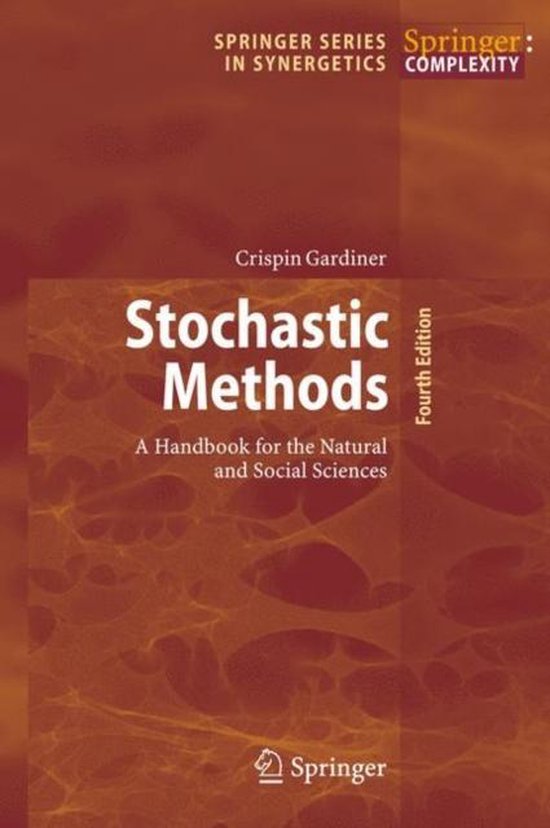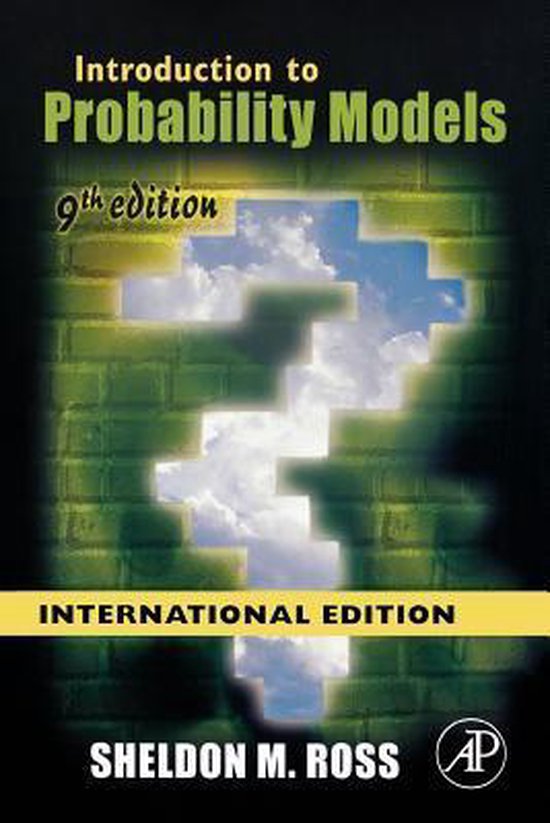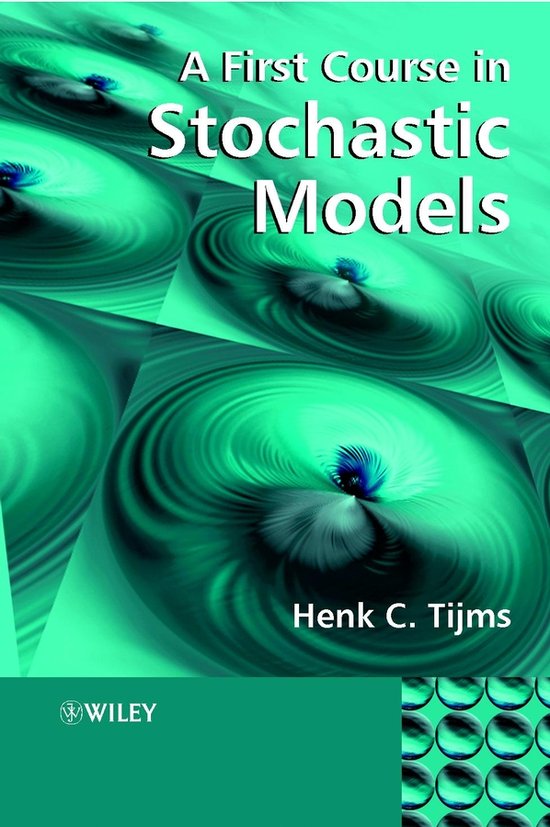
A First Course in Stochastic Models
An integrated presentation of theory, applications and algorithms that demonstrates how useful simple stochastic (random) models can be for gaining insight into the behaviour of complex stochastic systems. The methods described can be used to obtain solutions to problems in statistics, operations research, finance, economics and engineering.
The field of applied probability has changed profoundly in the past twenty years. The development of computational methods has greatly contributed to a better understanding of the theory. A First Course in Stochastic Models provides a self-contained introduction to the theory and applications of stochastic models. Emphasis is placed on establishing the theoretical foundations of the subject, thereby providing a framework in which the applications can be understood. Without this solid basis in theory no applications can be solved.
The field of applied probability has changed profoundly in the past twenty years. The development of computational methods has greatly contributed to a better understanding of the theory. A First Course in Stochastic Models provides a self-contained introduction to the theory and applications of stochastic models. Emphasis is placed on establishing the theoretical foundations of the subject, thereby providing a framework in which the applications can be understood. Without this solid basis in theory no applications can be solved.
The field of applied probability has changed profoundly in the past twenty years. The development of computational methods has greatly contributed to a better understanding of the theory. A First Course in Stochastic Models provides a self-contained introduction to the theory and applications of stochastic models. Emphasis is placed on establishing the theoretical foundations of the subject, thereby providing a framework in which the applications can be understood. Without this solid basis in theory no applications can be solved.
- Provides an introduction to the use of stochastic models through an integrated presentation of theory, algorithms and applications.
- Incorporates recent developments in computational probability.
- Includes a wide range of examples that illustrate the models and make the methods of solution clear.
- Features an abundance of motivating exercises that help the student learn how to apply the theory.
- Accessible to anyone with a basic knowledge of probability.
The field of applied probability has changed profoundly in the past twenty years. The development of computational methods has greatly contributed to a better understanding of the theory. A First Course in Stochastic Models provides a self-contained introduction to the theory and applications of stochastic models. Emphasis is placed on establishing the theoretical foundations of the subject, thereby providing a framework in which the applications can be understood. Without this solid basis in theory no applications can be solved.
- Provides an introduction to the use of stochastic models through an integrated presentation of theory, algorithms and applications.
- Incorporates recent developments in computational probability.
- Includes a wide range of examples that illustrate the models and make the methods of solution clear.
- Features an abundance of motivating exercises that help the student learn how to apply the theory.
- Accessible to anyone with a basic knowledge of probability.
A First Course in Stochastic Models is suitable for senior undergraduate and graduate students from computer science, engineering, statistics, operations resear ch, and any other discipline where stochastic modelling takes place. It stands out amongst other textbooks on the subject because of its integrated presentation of theory, algorithms and applications.
| Auteur | | Henk C. Tijms |
| Taal | | Engels |
| Type | | Hardcover |
| Categorie | | Wetenschap & Natuur |
